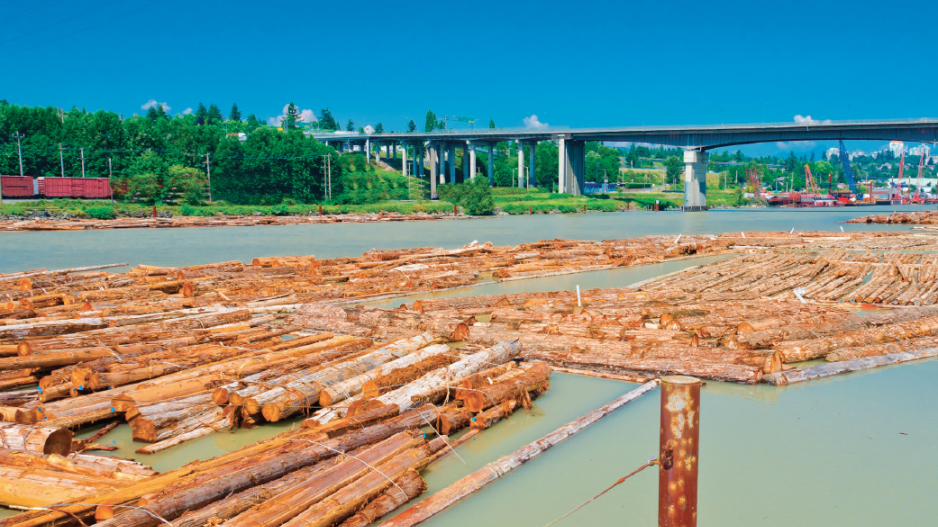After several years of unrest in the industry, logging contractors are hoping recent steps taken toward supply chain equilibrium will help buoy their end of the forestry sector.
The Logging Contractor Sustainability Review, conducted by former politician George Abbott and B.C.-based Circle Square Solutions, makes 13 recommendations aimed at improving the relationship between logging contractors and forest licensees.
The recommendations include calls for better use of technology, improved communication and ensuring best practices for setting contractors’ rates of pay and dispute-resolution mechanisms.
While the recommendations have been praised as a step in the right direction, many industry professionals say the report is far from a cure-all.
“We have been waiting with high anticipation but, individually, I wouldn’t call any of these [recommendations] a silver bullet,” said David Elstone, president of the Truck Loggers Association. “They’re not going to change things for contractors overnight.”
Now that the recommendations have been shared, a facilitator will be hired to bring the parties together to identify where there is a consensus on recommendations that should be acted on and to assess the costs and benefits of adopting recommendations for which there may be different options.
“[The recommendations] are important for contractors because, at this time, the contractors are not sustainable in their operations and we have to go over these 13 points and get their basic rates up so they can become sustainable,” said Wayne Lintott, general manager of the Interior Logging Association. “[The recommendations] are all important. Some more than others but they are all important.”
A challenging business climate has been a problem for smaller contractors for years as corporations incease their market share.
“Ninety per cent to 95 per cent of the logging in British Columbia … is done by logging contractors in the province, and the viability of those contractors is key,” Elstone said. “If [contractors] are not viable and frustrated and their signs say ‘closed,’ their business is down, that has a downstream impact on the industry and communities. Contractors are very localized and work within the communities.”
According to Elstone, the inability of many contractors to negotiate rates that provide incentives to stay in the business is driving workers out of the sector.
Last year, a mainstay in the B.C. forest industry closed its doors, citing a timber tenure system that had shackled contractors. W.D. Moore Logging, based in Winter Harbour on northern Vancouver Island, operated in the space for more than 90 years.
The company used to report revenues of $6 million to $7 million annually.




